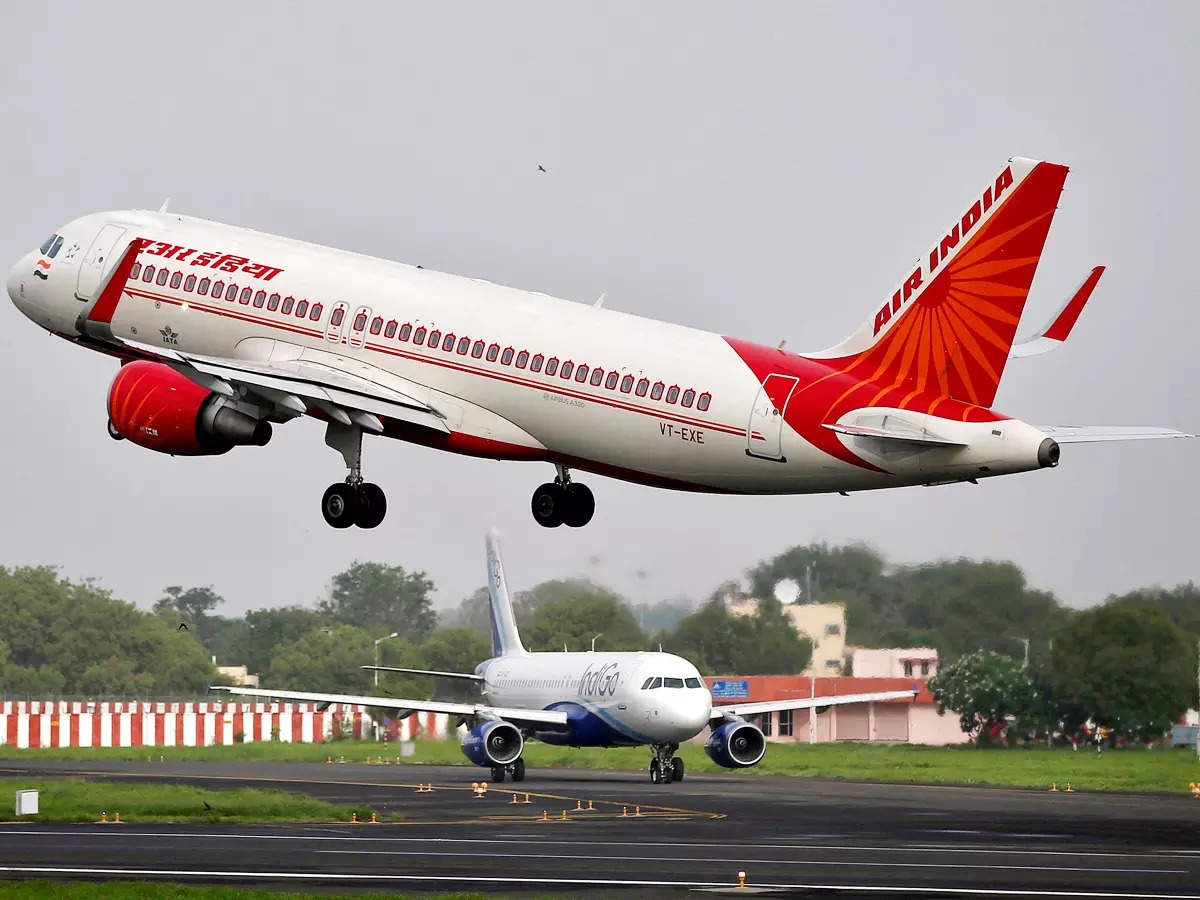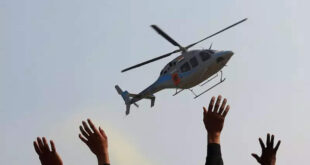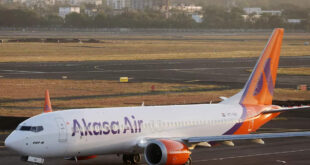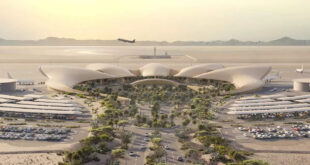[ad_1]

Air India will lease three Boeing 777-300 ER from Singapore Airlines as it expands its fleet modernisation strategy. These aircraft are in addition to the 11 777 leased aircraft and will be used to phase out the older 777-200 aircraft which were inducted in 2009. These aircraft have older cabins and often have been subject of passenger ire due to crumbling seats, broken lavatories and dysfunctional seat-back entertainment screens. Air India has announced the sale of these aircraft.
The three aircraft were retired by Singapore Airlines in 2021 as part of its wider culling of fleet after Covid-19 pandemic which hit business travel. An industry source said that the aircraft are stored in good condition and have four class cabins with first class and premium economy.
“The 777-200 are fuel guzzlers and can only seat 238 passengers. It makes no sense to refurbish those aircraft. Instead these 777-300 are maintained in best condition, have premium economy which can give higher yield while having 264 seats. It will give a more premium feeling to passengers in the ultra-long flights,” said a person aware of the development. The premium-economy drive comes as traditional airlines—battling stiff competition from new low-cost and Gulf-based carriers—seek to boost overall fares and profitability. In the aftermath of the Covid-19 downturn, many companies have cut travel budgets and restricted travel in business class. Premium Economy offers an option to them.
Salt-to-aviation conglomerate Tata Sons which took over the airline’s ownership last year is currently upgrading the cabin of aircraft to increase passenger comfort by phasing out older aircraft and inducting planes with more premium cabins.As part of that the airline has already leased 36 aircraft including 25 Airbus A320 Neo family aircraft which operates on short haul routes and five 777-200 LR and six 777-300 ER which primarily operates on routes to North America. The airline has also budgeted $400 million to refurbish cabins of the 27 787 Dreamliner that it will retain, adding new seats and in-flight entertainment devices.
Earlier this year, the airline had ordered 470 aircraft- one of the largest orders in modern aviation.
The order includes 70 wide body planes, comprising 34 A350-1000s and six A350-900s from Airbus, and 20 787 Dreamliner and 10 777Xs from Boeing. It also includes 140 Airbus A320neo, 70 Airbus A321neo and 190 Boeing 737 MAX narrow body aircraft. The first A350-900 will be inducted by November.
“By the end of this FY, six A350s, together with the 5 leased B777-200LRs and 9 B777-300 ERs will be inducted meaning that our wide body fleet will have grown in size by 30 per cent within a year and that, by March 24, around a third of the total wide body fleet will feature modern seats and inflight entertainment systems,” Air India CEO Campbell Wilson told in an internal memo.
[ad_2]
Source link






